The need to get a hotel open on time is pressing. Each day without guests is a day of lost revenue that will never be replaced. Unfortunately, bills do not stop coming just because occupancy has ceased. Therefore, many hotels have to find ways to keep doors open in times of partial-completion.
Whether it is due to a planned renovation or simply a project that went longer than expected, there are many cases when properties must operate during periods of hotel construction. With this in mind, keep reading as we explore some of the best architectural considerations for minimizing guest disruption while construction work is ongoing.
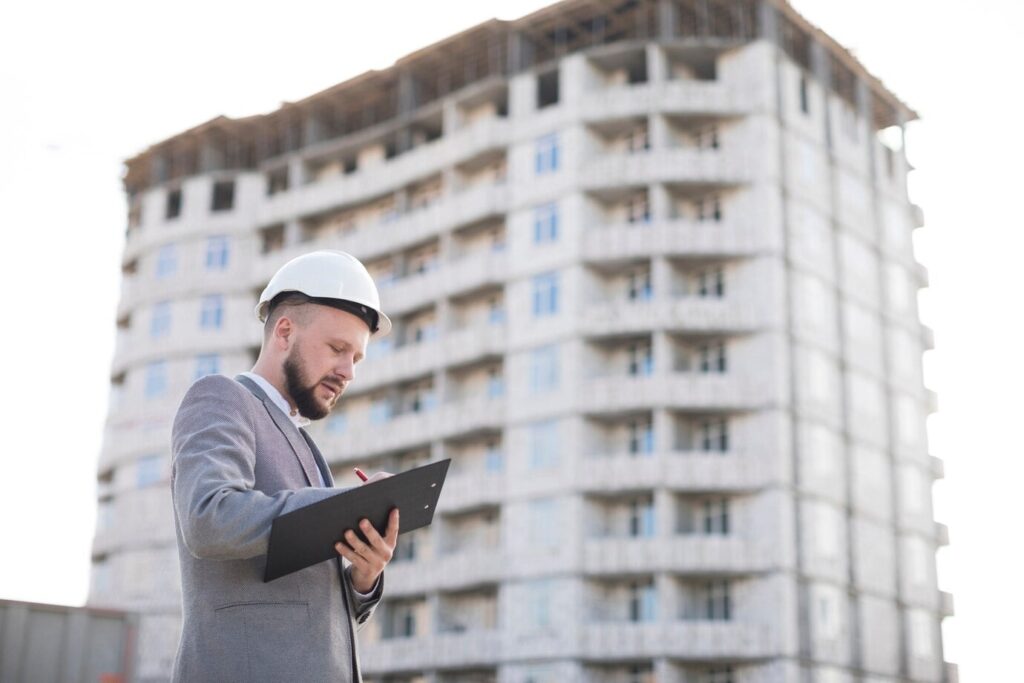
Guest safety is a primary concern during construction. It would be catastrophic for a child to wander into a construction area and become severely injured. As such, it is paramount to carefully sequester all work areas from areas of the hotel that are open for business.
Use temporary construction walls and demountable wall partitions to create physical barriers between the hotel and the construction zone. Use temporary fencing panels to prevent guest vehicles from going into construction-only spaces. Place robust signage throughout the property to clearly indicate areas of danger and offer clear routes through accessible space. Have all doors and gates to construction areas secured with credentialed access.
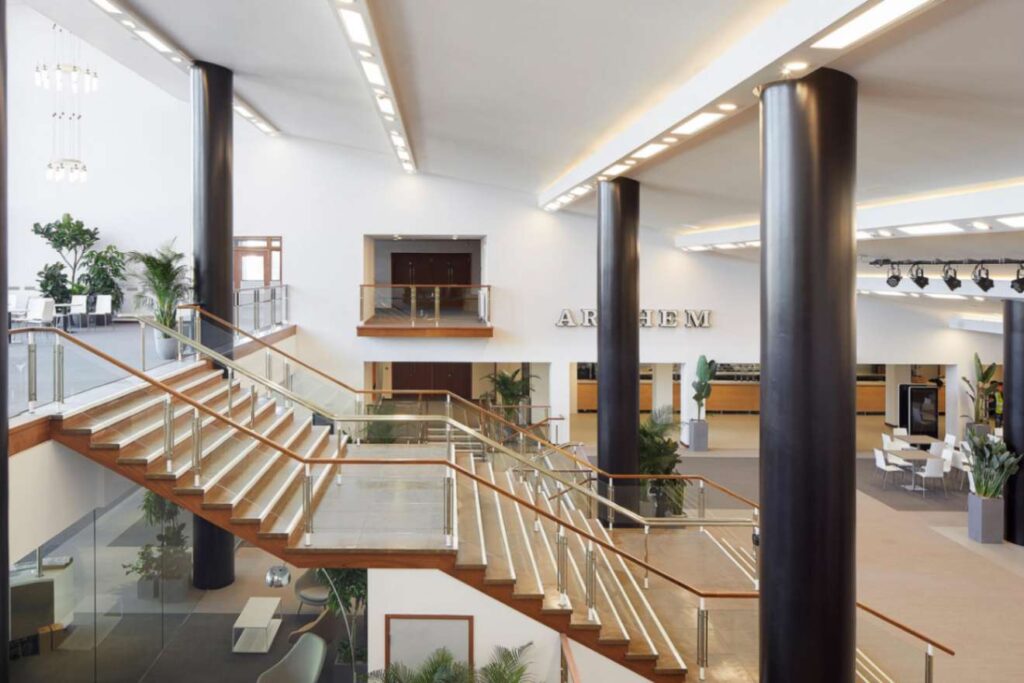
Source – micaarchitects
There will undoubtedly be increased dust and debris in a construction zone. Some of it may even be toxic to guests not wearing the proper PPE. While temporary walls should block the majority of air transfer, it is not enough to count on physical barriers to provide adequate air quality in and of themselves.
Use advanced construction dust control methods to help keep potentially toxic construction particles local to their origin. Add portable air scrubbers throughout the space to efficiently clean air. Keep the HVAC system in top condition, regularly replacing filters and adding backdraft dampers to prevent contaminated air from traveling through the ductwork. Use architectural louvers to promote ventilation within the hotel while stopping debris from passing.
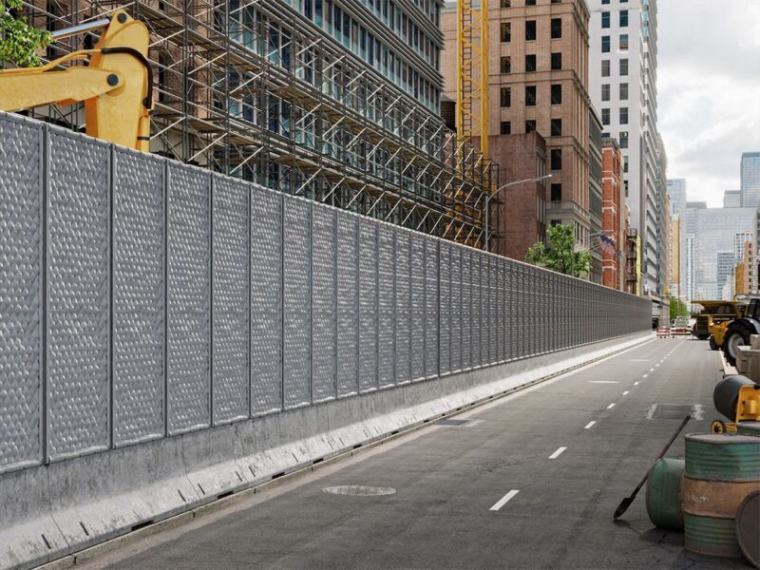
Source – ddsacoustical
Noise pollution is one of the most annoying aspects of hotel renovation when it comes to guest experience. While most firms will try to schedule work during times of non-peak occupancy, there is simply no way to keep the hotel operational and avoid the occasional overlap. As such, it is crucial to add the appropriate sound mitigation devices to keep noise contained at the source. Use acoustic wall panels for increased soundproofing mass. Add sound attenuators to noisy utilities and power-generating sources. Install soundproof doors between the guest area and construction zone.
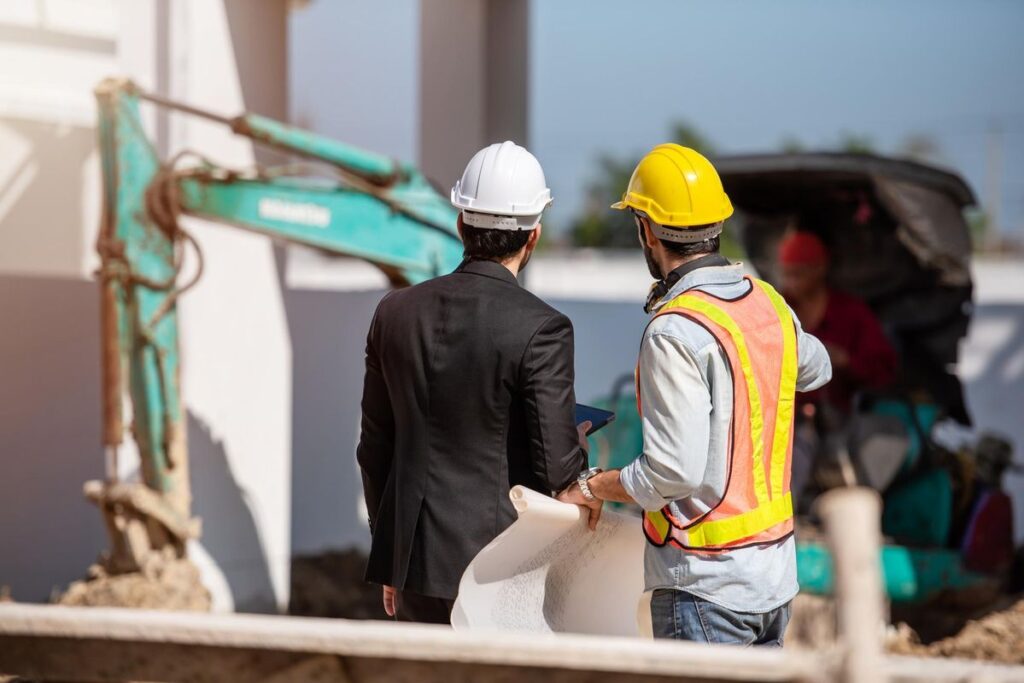
Source – neuroject
It may be normal for hotel guests to feel a bit concerned about their privacy during times of construction. The construction team itself will introduce hundreds of additional faces to the property’s normal load, some of whom may not be nearly as concerned about the guest experience as those actually staying at the property.
In addition, construction theft has turned into a billion-dollar industry in the United States, with perpetrators looking for any opportunity to run off with valuable construction materials. As such, increase security measures throughout the hotel during times of renovation. Install additional camera surveillance. Implement a credentialed access infrastructure so only paying guests can get onto elevators and into common areas such as gyms, business centers, and pools. Have special construction-only entrances and elevators so that workers have minimal contact with hotel guests.
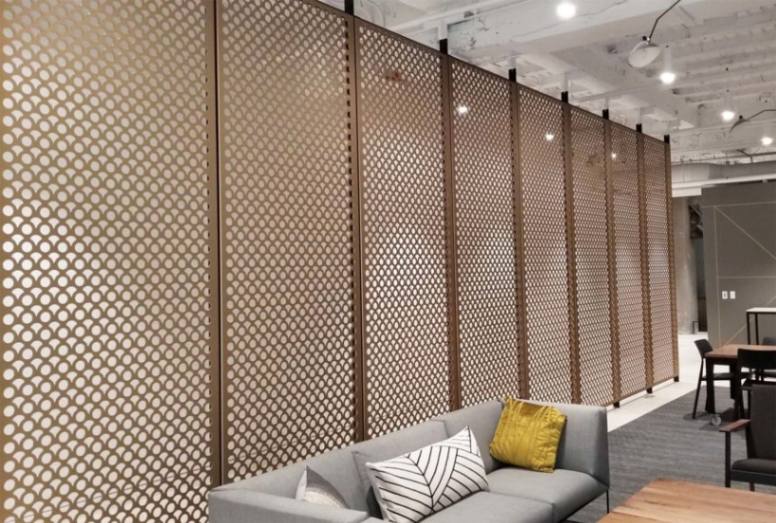
Source – arktura
Aesthetics are an important component of the guest experience. People do not want to pay top dollar for a luxury hotel experience if the property looks like a science experiment gone wrong.
Unfortunately, the renovation process will temporarily upset the clean, finished hotel aspect. Therefore, it is crucial to take some architectural measures to limit this type of aesthetic disruption. Use decorative screen panels as a temporary facade to help conceal background construction. Add architectural grilles to the face of the building as it is temporarily updated. Consider special decor elements–such a water fountain or indoor plants–or accent walls to arrest guests’ attention from less flattering aspects of a hotel under renovation.
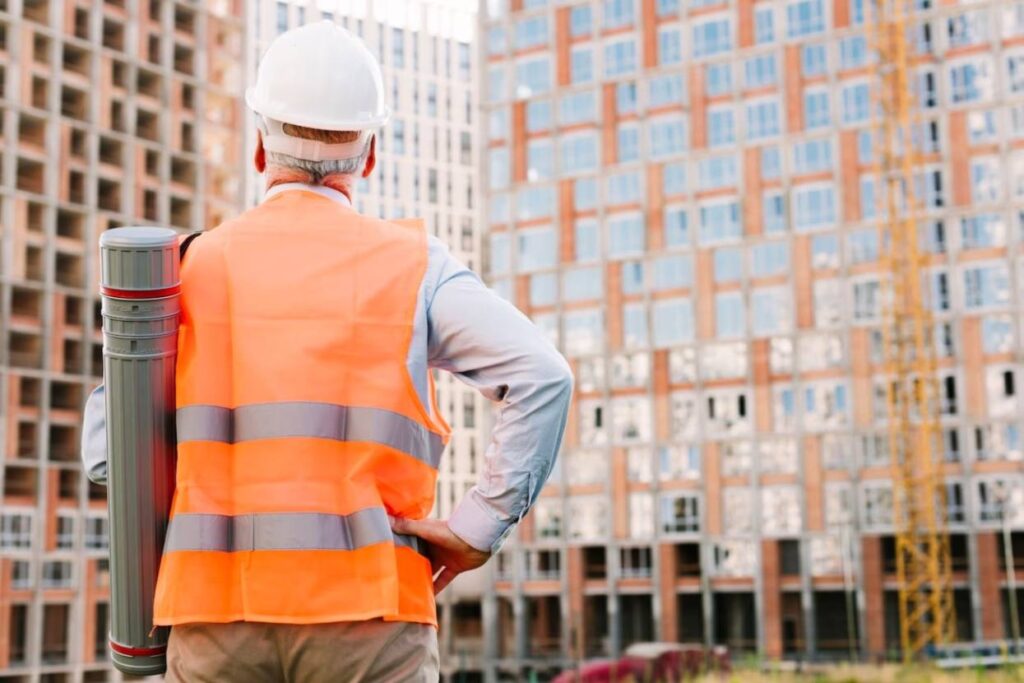
Rooftop decks, connected patios, and outdoor sports courts are some ideal means of adding usable exterior space to a hotel property. Be sure to include adequate shading, durable pavers, and low-profile railing to make these outdoor areas as safe, comfortable, and functional as possible.
Even with the best-laid plans, there are times when hotels must operate simultaneously to construction. From carefully sequestered work areas to functional exterior space, consider any of the architectural design tips listed above for minimizing guest disruption. For more of the latest trends shaping the contemporary architecture landscape, explore the resources at The Architecture Designs for ideas and inspiration today!
Leave a comment